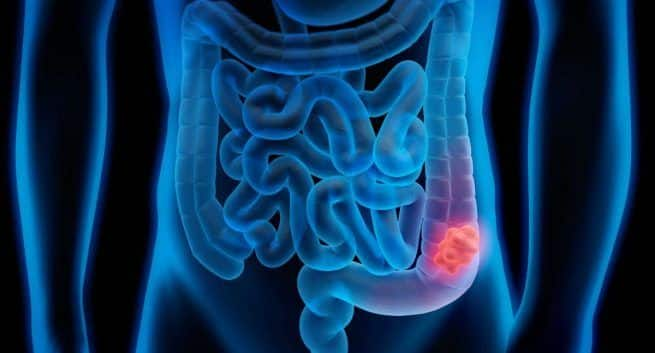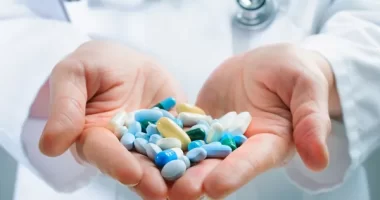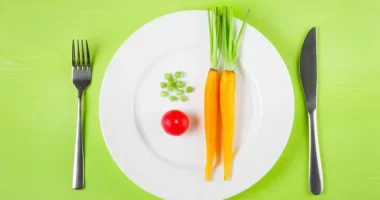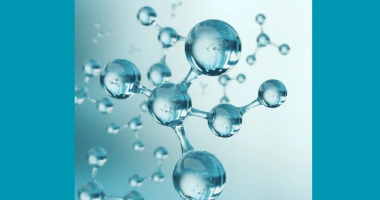
It is a well-known fact that a high-fat diet increases the risk of many health problems, including heart disease, diabetes, cancer and more. According to the Centers for Disease Control (CDC) and Prevention, a diet high in fat and cholesterol may elevate the risk of several diseases, including colon cancer. There is no doubt that what you eat strongly influences the risk of diseases, which is why it is essential to look out for what you feed your system. A study published in the journal Cell Reports found that there is a strong link between high-fat diets and developing colon cancer. The study found changes in food habits might reduce up to 70 per cent of cancer.
How Unhealthy Foods Increase The Risk Of Colon Cancer?
As per the experts, foods interact with intestinal stem cells (ISC) that line the interior surfaces of the gut. These ISCs are found in crypts, which are a series of consistently folded troughs in the gut. ISCs are considered the gateway that coordinates the creation of intestinal tumour formation when people adapt to high-fat diets and increase their cancer risk. High-fat sensor molecules are found within ISCs, and they detect and react to high-fat food levels in the cells.
The lead author of the study, Miyeko Mana, said that to under the mechanism required for stem cells to adapt to the high-fat diet and the role of peroxisome proliferator-activated receptors (PPARs). They found that PPARs activate a cellular program that raises cancer risk, but the specific processes are unknown due to the numerous varieties of PPARs and the difficulties in determining their functions.
Using a mouse model that regulated PPAR delta and alpha activity in the cell, Mana’s team was able to investigate and uncover the role of each PPAR delta and alpha. The mice were fed a high-fat or low-fat diet for a long time, and the activity of each PPAR was closely examined to see how it affected cancer risk.
Key Findings
After a thorough analysis, the team found the link between a high-fat diet and cancer development. The team also found how you can reduce the risk of tumorigenesis in the system. As per the study, fats are broken down into free fatty acids first. The free fatty acids then activate sensors like PPARs, which switch on genes that break down the fatty acids. The excess free fatty acids are then delivered to the mitochondria, which may oxidize them to provide extra energy to feed the stem cells, which multiply, develop, and rebuild gut tissue. However, when the number of ISCs grows, there is a bigger chance that mutations may occur, leading to colon cancer, simply due to random mutations and the sheer number of cells.
“The idea is that this larger pool of cells remains in the intestine and accumulate mutations, and that means they can be a source of mutated cells leading to transformation and tumour initiation,” said Mana. “We do think that is a likely possibility when there are conditions that expand your stem cell pool.”
The researchers also found that eating a high-fat diet increases mortality by speeding up carcinogenesis – the process by which normal healthy cells transform into cancer cells.
So, your best bet to lower the risk of developing these types of cancers is by eating a healthy, well-balanced diet instead of one loaded with unhealthy fats.
This post first appeared on The Health Site









